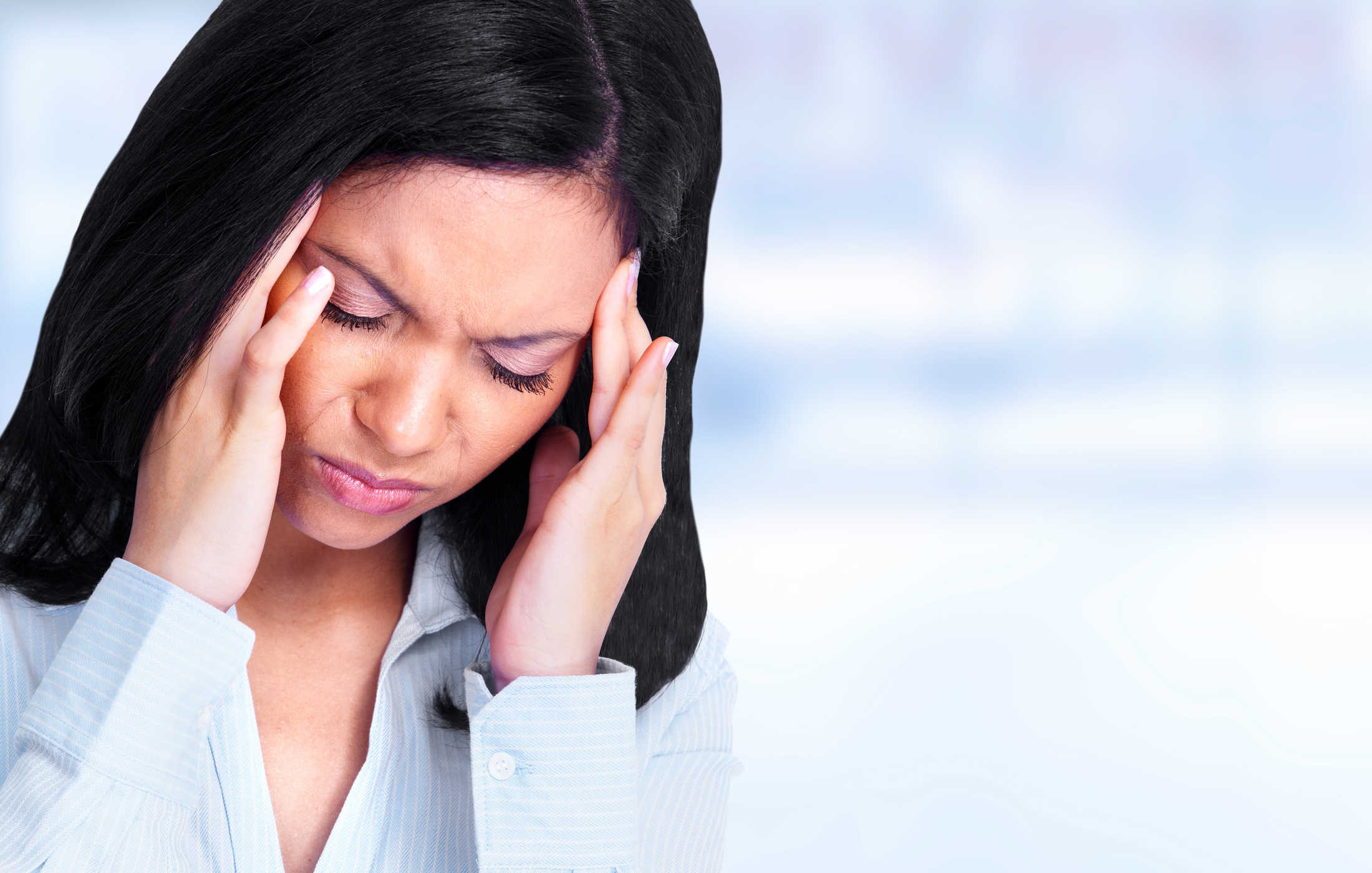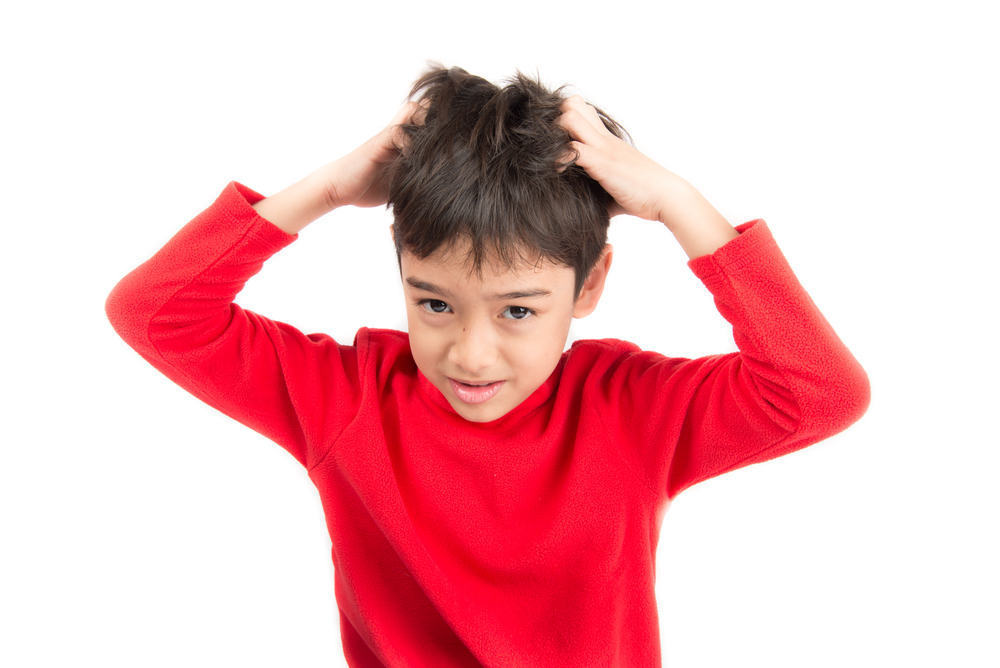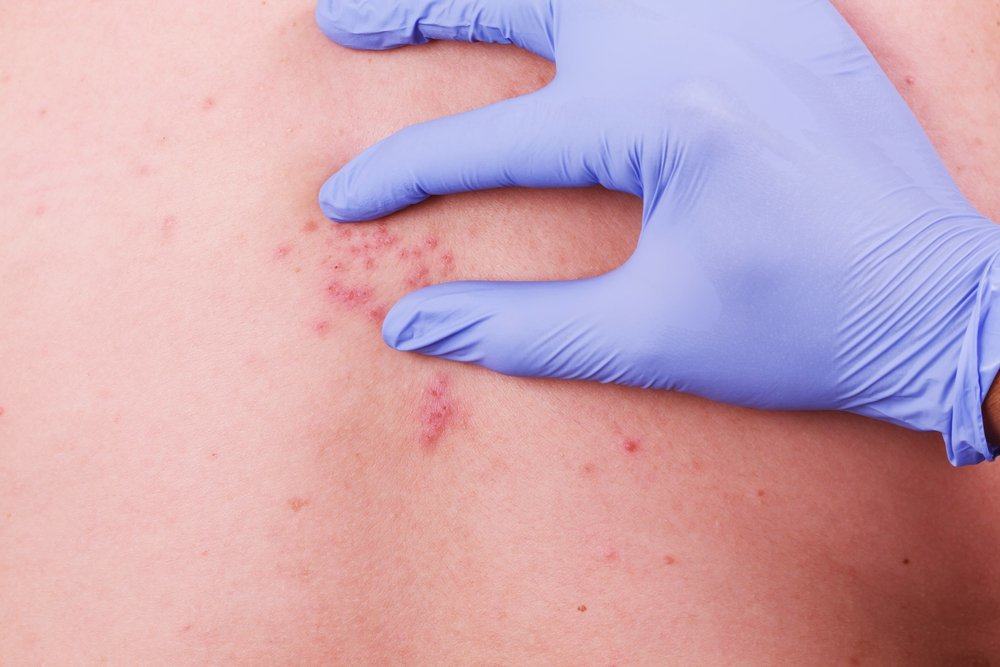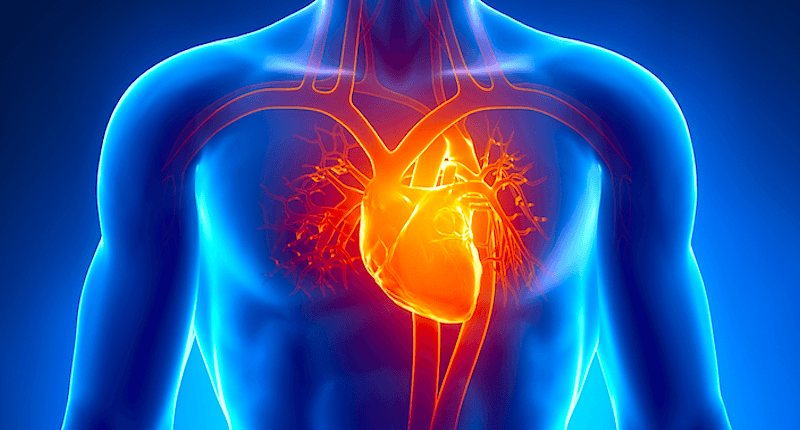Contents:
- Medical Video: Headache Relief & Diagnosis : How to Diagnose Migraine Headache Symptoms
- What is a migraine?
- What are the stages of migraine?
- Prodrome
- Aura
- Attack
- Postdrome
- How can I prevent migraines?
Medical Video: Headache Relief & Diagnosis : How to Diagnose Migraine Headache Symptoms
You might think your headache is just a normal headache which happens to be more severe than usual. But do you feel sick like you want to vomit? Does light make your headache worse? If so, then your headache may be migraine. Migraines are sometimes difficult to prevent, but you can find out migraine signs to prevent them from getting worse.
What is a migraine?
A migraine is a type of headache that usually starts on one side of your head, but can affect both sides. The pain associated with migraines is often described as severe throbbing pain that will disturb you while doing daily activities. The cause of migraines is still unclear but there are factors that can trigger your migraine. However, scientists suggest the cause is from abnormal brain function that affects nerve signals, chemicals and blood vessels in the brain.
Migraines can be predicted. Fortunately, there are often many warning signs that can help you know if a migraine will appear. Here are ways to find out the signs and ways to prevent your migraine pain.
What are the stages of migraine?
There are four stages of migraine:prodrome, aura, headache and postdrome. You may not experience all of these stages.
Prodrome
This stage is also known as "pre-headache." Signs and symptoms can appear one or two days before a migraine. You may experience small changes that indicate migraines have developed, including:
- Constipation
- Depression
- Food cravings
- Hyperactive
- Irritability
- Rigid on the neck
- Uncontrolled yawning.
Aura
Aura can occur before or during a migraine headache. People who experience aura say they see flashes of light, have a strange sense of smell, taste or hearing, changes in motor skills or speech disorders. Most people experience migraine headaches without aura.
Attack
Without treatment, migraines can last up to 72 hours, but the frequency that occurs varies from person to person. Symptoms associated with migraine headaches include:
- Nausea
- Pain in one part of the back of the eye or ear
- Pain in the head
- See the point or flash of light
- Sensitive to light and / or sound
- Temporary vision loss
- Gag
Postdrome
The final stage, also known as "post-headache"Or post-headache, occurs after a migraine attack. During this stage you may feel tired, although some people report feeling a bit of a happy sensation. Prodromal symptoms can include:
- Decreased levels of mood, especially depression
- Feeling happy
- Fatigue
- Poor concentration and understanding
- Decreased level of intelligence.
How can I prevent migraines?
Migraines cannot be cured, but the doctor will work with you to help manage your condition. Prevention is the best treatment for migraines. Examples of prevention methods that doctors might prescribe include:
- Get enough sleep, but don't overdo it. If you see signs of migraines, you must take the time to relax and unwind. If possible, rest in a quiet and dark room when you feel an attacking headache. You can compress with ice or put ice cubes with a cloth behind your neck and apply gentle pressure to the affected part of your scalp.
- Make changes to your diet, such as reducing foods that are known to cause headaches. This can include alcohol or caffeine.
- Take steps to reduce stress. Try muscle relaxation exercises.
- People who have migraines usually get the properties of drugs known to reduce migraines quickly such as painkillers (NSAIDs or Triptans) or prescription drugs for prevention, such as antidepressants, blood pressure-lowering drugs, or antiepileptic drugs.
- Make notes regarding any headache attacks. Continue to keep a record of your headaches even after you see your doctor. This will help you learn more about what triggers migraines and what treatments are most effective.












